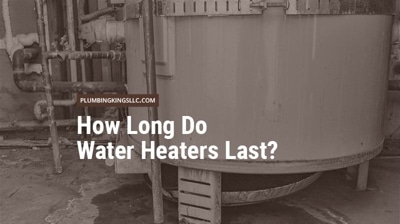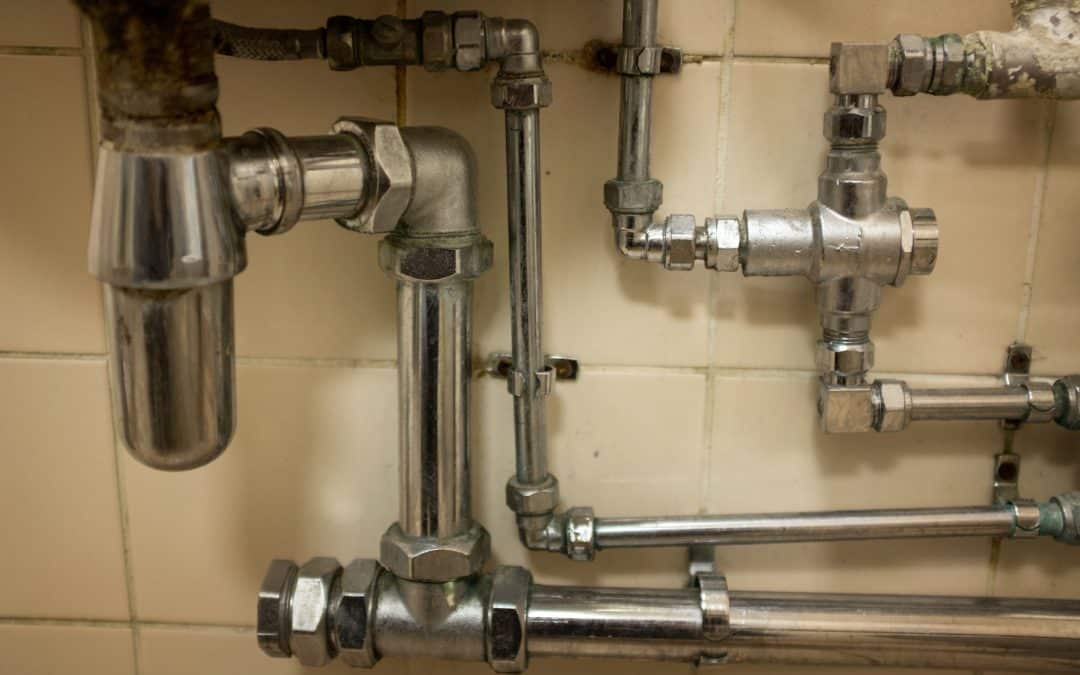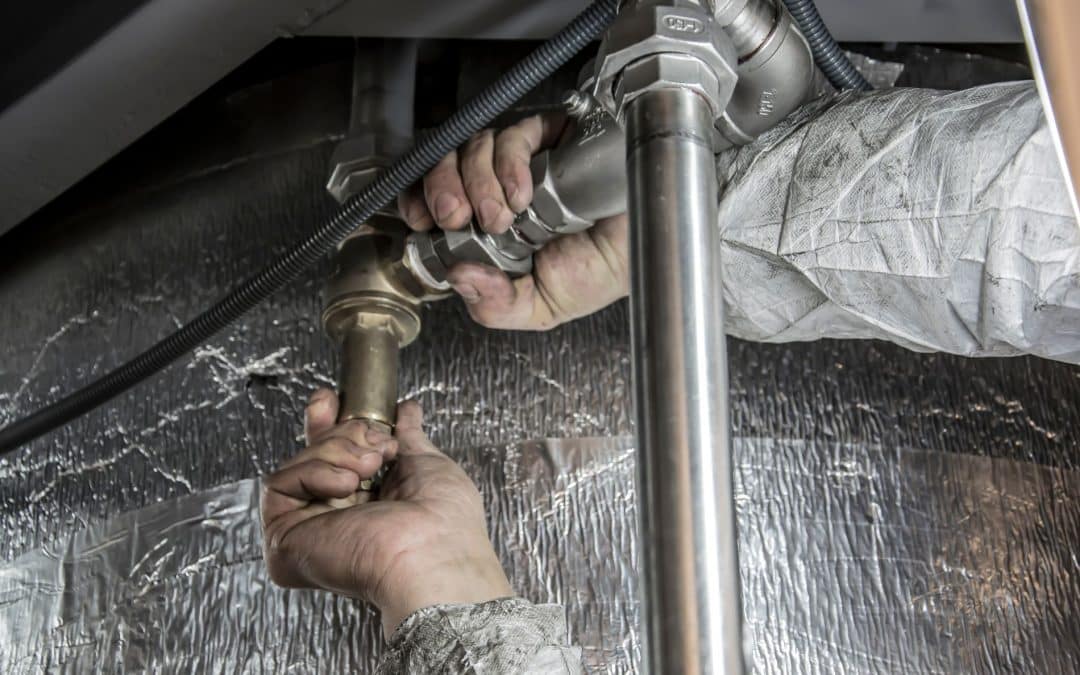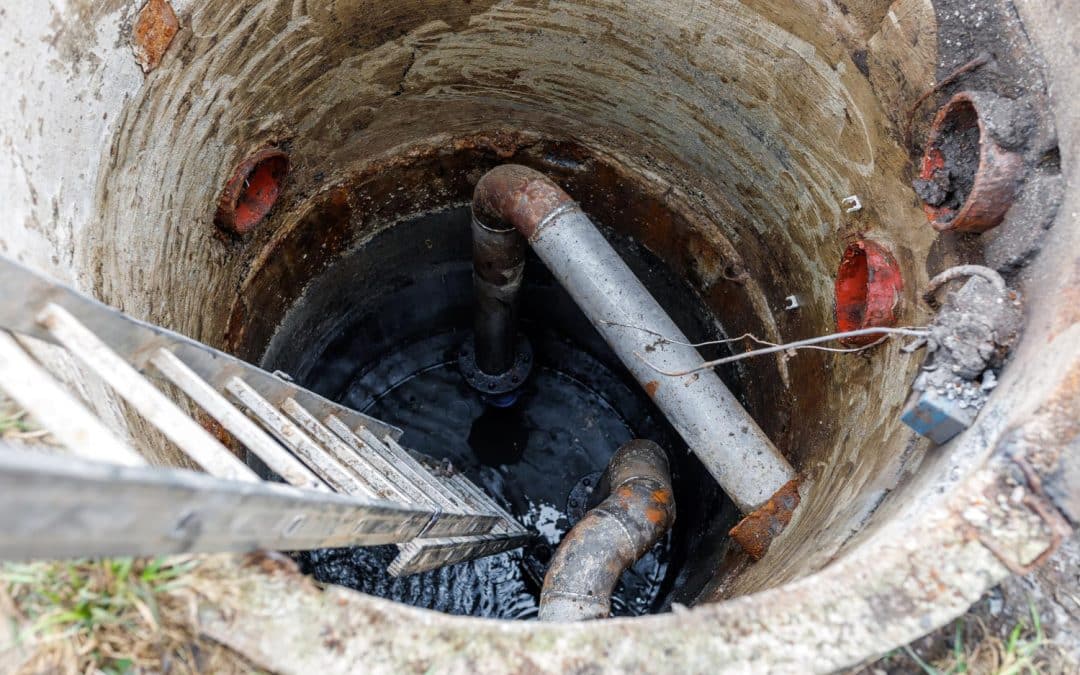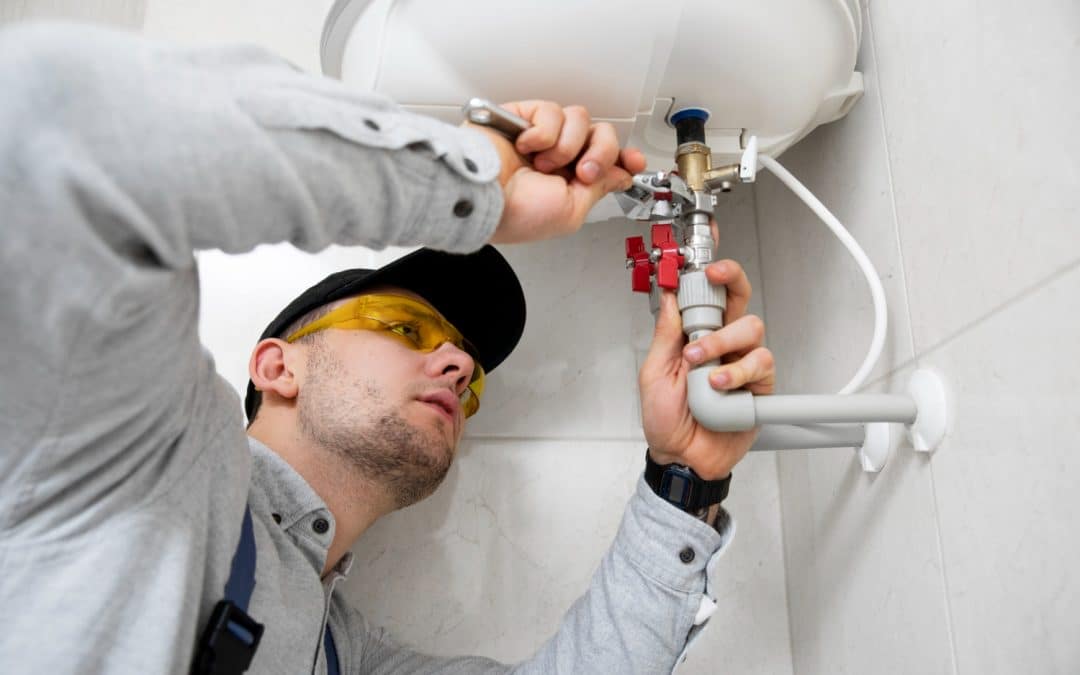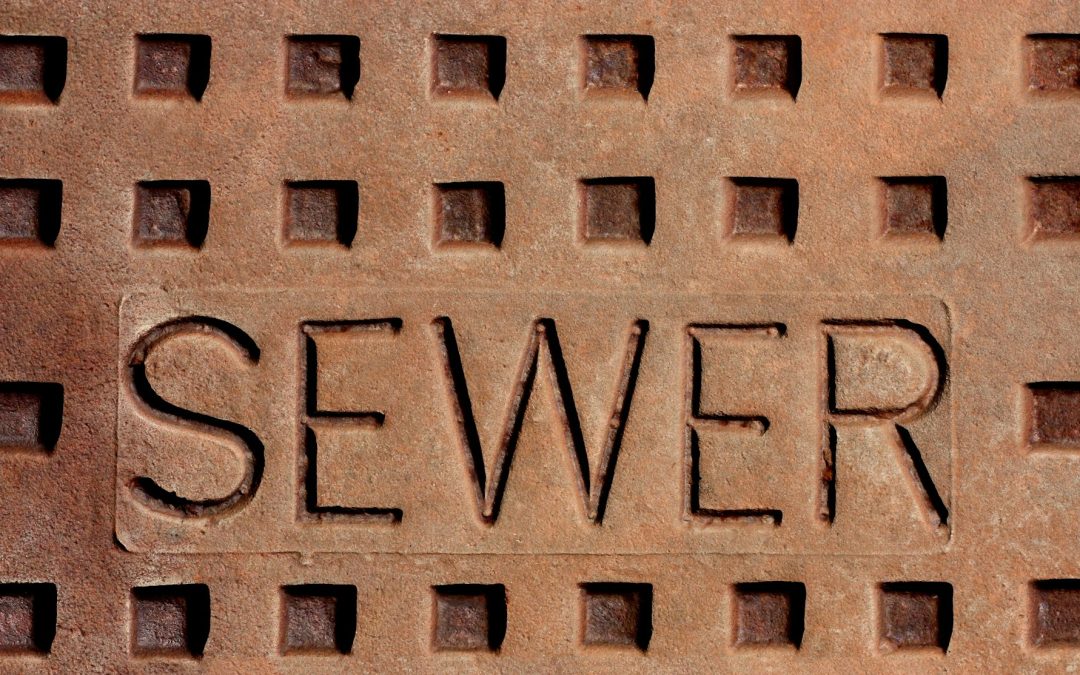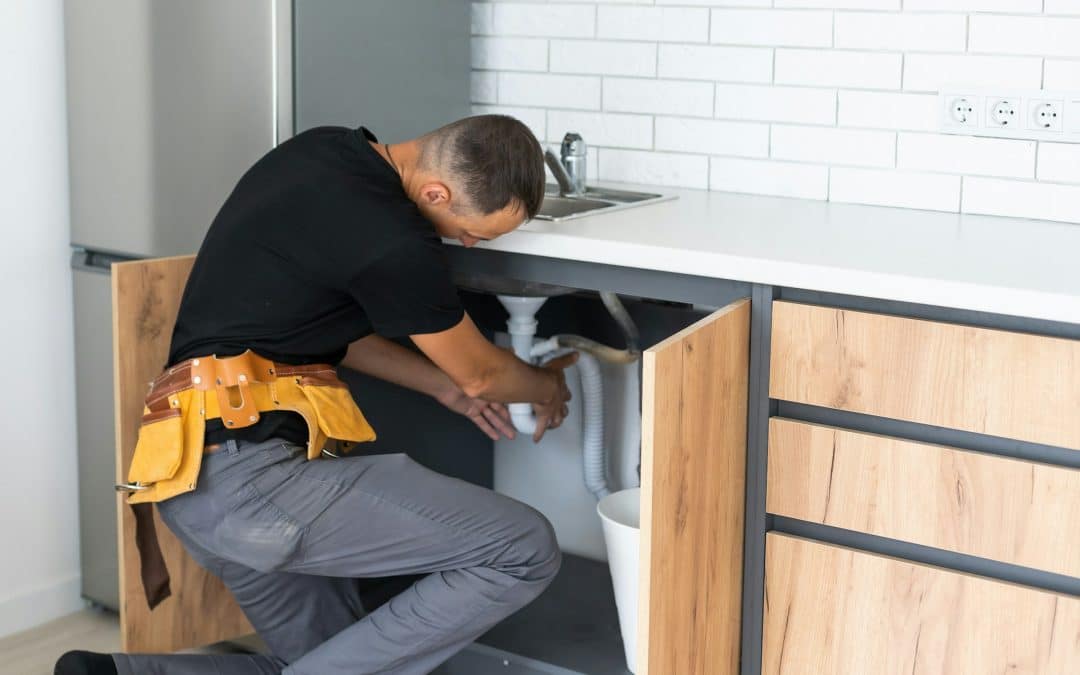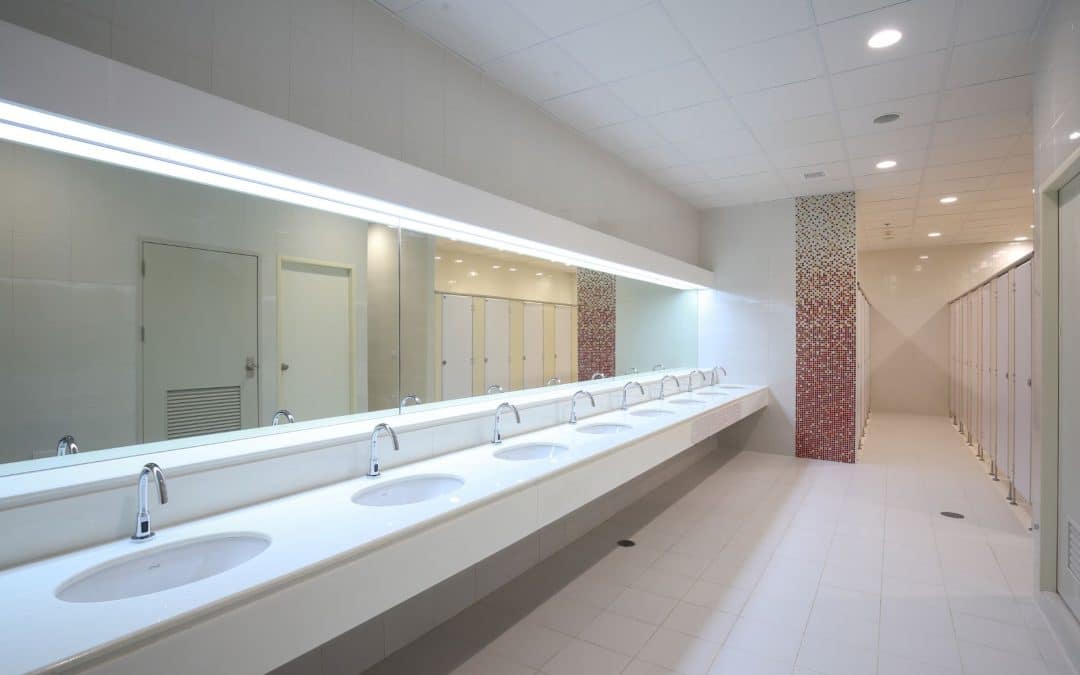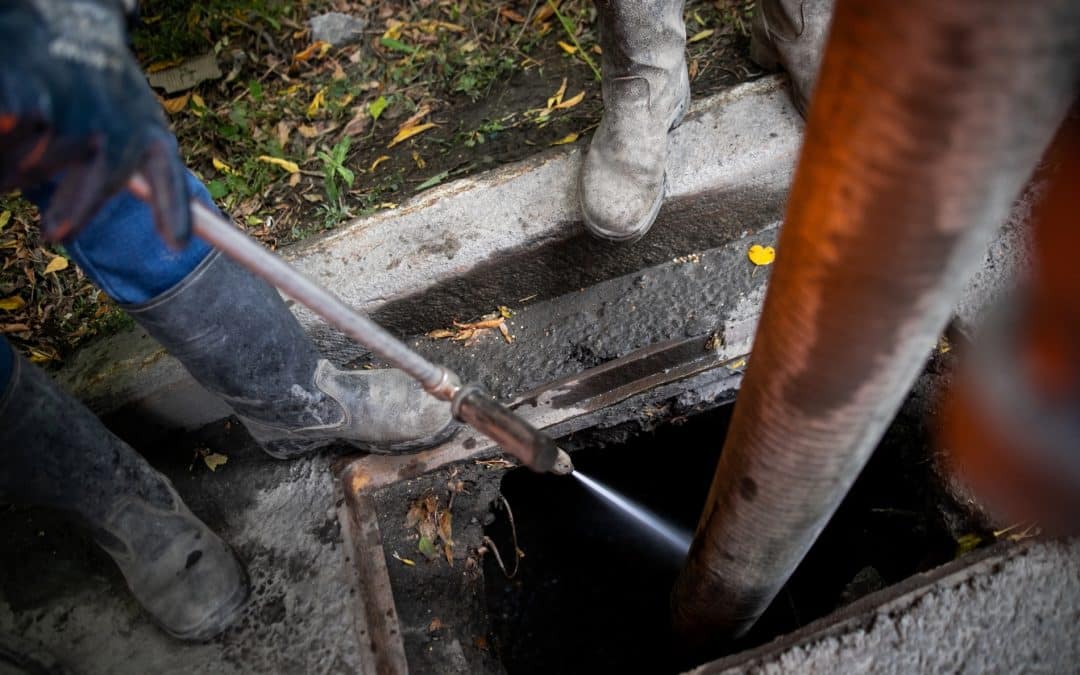Just like any other appliance in your home, your hot water heater can break down over time and will eventually need to be replaced. You don’t want to wait until you step into a cold shower or find a pool of water in the basement to know that you need a new hot water heater. There are signs that will tell you a new appliance might be a good idea, so you don’t have to have a catastrophe to know your hot water heater has given out.
Having trouble with your water heater? Contact Plumbing Kings for water heater repair services today!
How Long Do Water Heaters Last?
The typical residential hot water heater will generally last between 8 to 12 years. Some heaters might not last that long and there are some that can make it beyond 12 years. There are a number of factors that can extend or shorten the life of your hot water heater.
- Electric water heaters do not last as long as gas heaters.
- Tankless water heaters can last 20 years or more.
- Hard water (water with a high mineral content) can cause mineral scale build-up in the water heater and shorten the lifespan of the appliance.
- Hot water heaters located in unfinished areas of a house like a garage, unfinished basement or crawl space, take more time to heat up and put more stress on the unit.
- Appliances that are maintained regularly (flushing the heater, replacing parts) can last longer than the average.
If you are getting close to 10 years with your hot water heater, or you are having any issues with your current unit, you might want to start looking into getting a replacement.
What Are the Signs a Hot Water Heater Is Going Out?
There are a number of warning signs homeowners should watch for that will let them know if their hot water heater is ready to for a replacement:
- The age of your system. As noted earlier, most residential hot water heaters last between 8 to 12 years. If yours is over 12 years old, you should be looking for a new one.
- If there is no hot water. If you are not getting hot water in your sink or shower, that’s an indication that your hot water heater might need to be checked for problems.
- If there is a strange color or tint to your water. If you turn on your water and it looks rusty or off-color, your unit might be getting worn out and could start leaking.
- If you notice rust around the pipes or valves of the heater. This probably means that the inside of the tank is getting rusty as well.
- When your hot water heater makes loud gurgling or popping noises. Noises like these are caused by hard water sediment buildup inside your water heater tank.
- A pool of water around the hot water heater. Check the base of the unit for any water – this could mean there is a leak in the tank.
- Continued or multiple repairs to the unit. If you have to call a repairman to work on your hot water heater all the time, it might be best to just replace the appliance.
What Is the Average Cost to Replace a Hot Water Heater?
The national average cost to replace your home’s hot water heater installed can range from $750 to over $5,000. The reason the prices vary so greatly is due to several different factors.
- The type of water heater. Costs for hot water heaters range from $300 to over $2,000.
- Installation costs. Plumber labor can run from $45 per hour to more than $150 per hour. Replacing a hot water heater typically includes installing the new unit, making adjustments to any pipes necessary, and removing and disposing of the old unit.
- Gas or electric. While the prices for gas and electric hot water heaters are similar, gas units tend to cost $50-100 more than electric.
- The size of the hot water heater. Standard tank-style heaters range in size from 20- to 80-gallons. The average size for a home tends to be the 40-gallon tank. If you need a larger tank, it will add to the cost.
- Tank or tankless unit. While tankless units are more energy efficient and will save you money over the life of the appliance, they cost more than your standard tank-style heater and are much more expensive to install.
- The location of your appliance. If your hot water heater is in an area of your house that is hard to access for the plumber or requires them to navigate several flights of steps with the appliances, additional fees may be added to your installation.
Hot water heaters are a necessity for your home; none of us wants to wake up and find that we have no hot water for our morning shower! Paying attention to your appliance is the best plan for making sure you are not surprised with an unexpected hot water heater failure. Make sure you know how old your unit is, and pay attention to how it is running, sounding and if there are any changes with rust or water leaks. If you do have to replace your hot water heater, researching your options, the type of appliance you need and the local rates for plumbers will help you make the best choice for your home.

